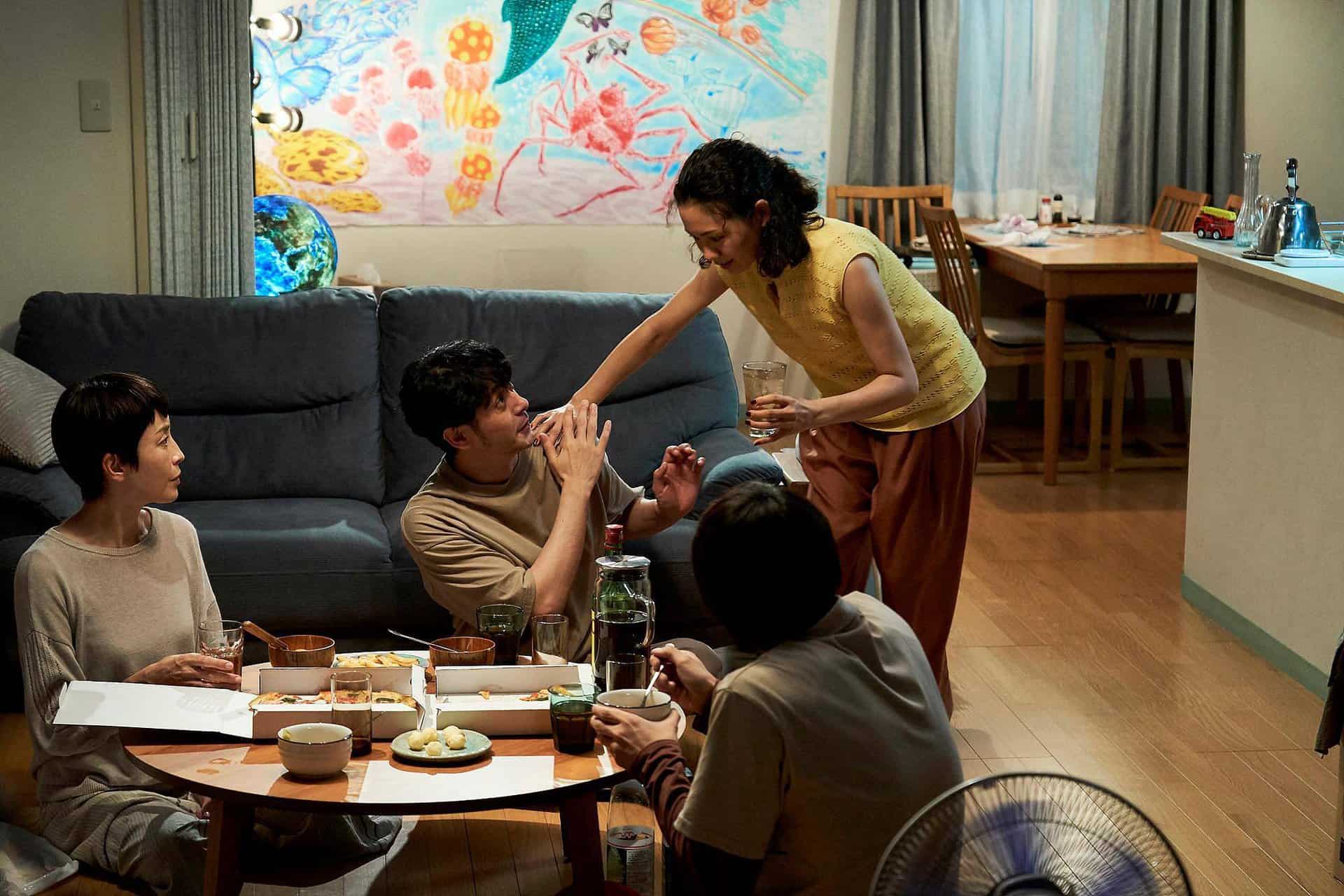Spin-off to “Love for Sale” and “Love for Sale 2”, “Arini by Love. Inc” follows one of the trends of the selections Netflix makes from Indonesia, which seem to focus on impression and the popularity of their cast, rather than actual substance. Let us take things from the beginning though.
The intro shows Arini, the protagonist, getting chased in the night, before the story goes back three years into the past. Then, Arini goes to the office of Love.inc, a dating service(?) that works also as a kind of school, in order to train the people hired (?) on how to eat, speak, dance, and in general conduct themselves in order to succeed in dating. However, the secluded environment also seems to hide a number of secrets, which Arini discovers with the help of Tiara, a woman who initially appears as the class bully but is soon revealed as someone completely different. Furthermore, it seems that Diana, the head of the school, repeatedly erases the memories of her students, with Arini eventually realizing that this is not her first time there.
I am not sure if Adrianto Sinaga expected his audience to have seen the two “Love for Sale” before checking “Arini” but the thing remains that on its own, it does not make much sense, at least in terms of the background of the story. The same actually applies to the function of Love.Inc, which, as the story progresses, seems to be a dating service, an institute of improvement (?) of human behavior, a brainwashing operation, and a kind of prison where no one is allowed out. At least the last part eventually starts making sense, as Arini and Diana become comrades and try to escape, essentially against all odds and sleeping-pills-containing candy.
Check this interview
Even when this part of the story does begin to make sense however, the execution of what is happening is as faulty as possible. Just look at Diana's shenanigans when she functions as bait and you will know what I mean. Furthermore, the melodramatic aspect involving Diana's kid looks as cliche and disconnected from the rest of the story as possible, with the way the instructor becomes a factor also following the same path.
Apart from context, however, in terms of production values, the level is definitely much higher than average. For starters, the whole presentation of the building Love.Inc resides is imposing, with the sterilized, polished, techno-noir approach resulting in a setting that is as suffocating as it is claustrophobic. The neon lights that occasionally appear add another level of impression here, with the visuals, in general, emerging as the best part of the movie, also because DP Amalia T.S. has captured all the aforementioned in the best fashion. Dinda Amanda's editing adds to the confusion actually, but at least the filmmakers decided to cut the whole thing short, to 70 minutes.
Della Dartyan is very beautiful and manages to communicate her disorientation convincingly, in a role, though, that does not allow for much. The situation is even worse for Kelly Tandiono as Tiara, whose transformation essentially makes no sense, particularly from the way a rebellious bully turns into a kind-hearted, loving mother. Marissa Anita as Diana gives probably the best performance here, especially since the role of the villain her character has remains unchanged throughout the movie.
Not much more to say, despite a few ticks in the pros column, “Arini by Love.Inc” remains largely a mess of a film which can only be potentially saved by the popularity of its two protagonists. Other than that, there is not that much reason to watch it.
















